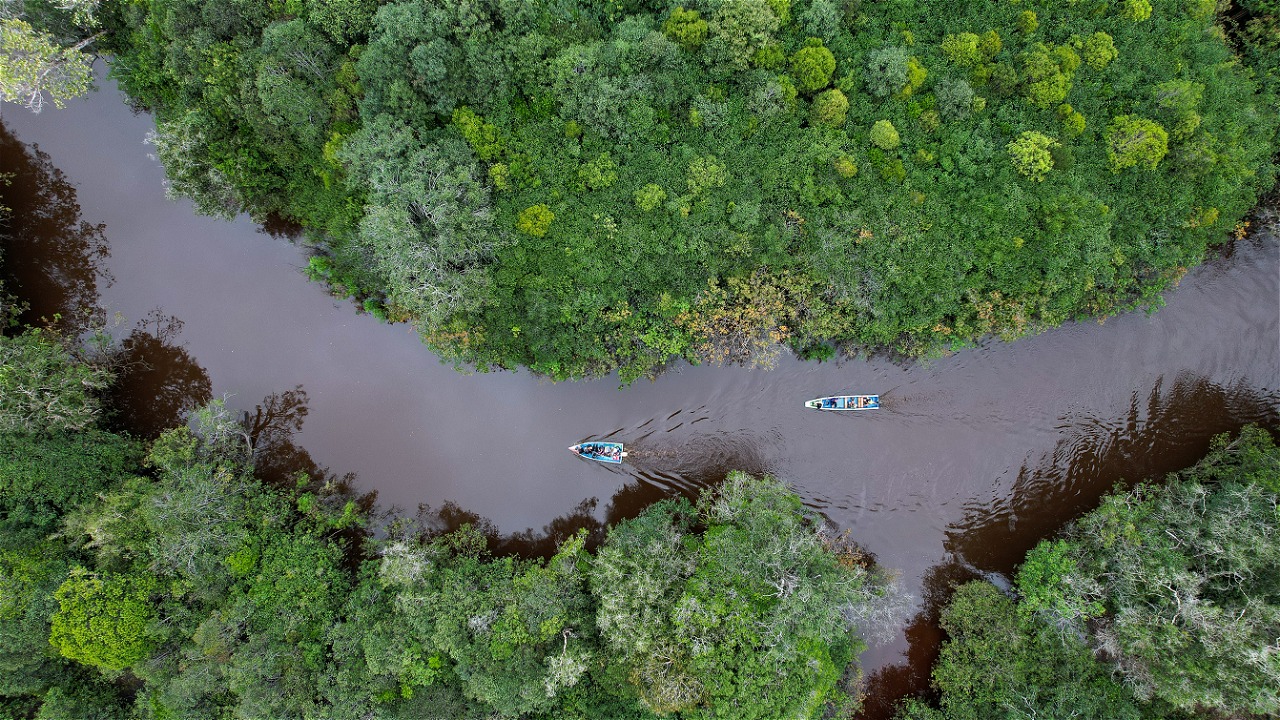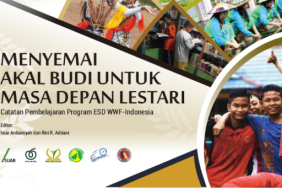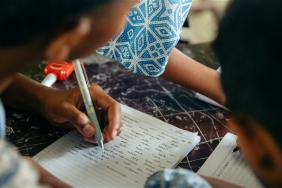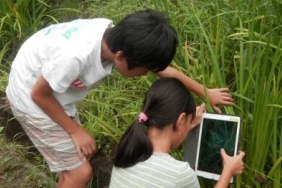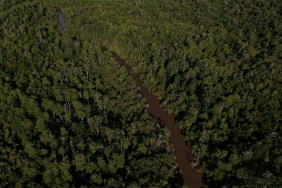GREEN ENTREPRENEURSHIP TRAINING
Dozens of school principals and teachers in Nunukan were trained to develop green entrepreneurship in their respective schools. The Education for Sustainable Development (ESD) training event was held from August 6-8, 2014 at the Neo Fortune Nunukan Hotel, and was organized by the World Wide Fund for Nature (WWF) Indonesia North Kalimantan Program.
Communication Coordinator of WWF-Indonesia Kaltara, Arman Anang, said that the training was a follow-up to the previous training conducted in February for sustainable development for school teachers in Nunukan. The current focal point is to incorporate local themes in Nunukan into the 2013 Curriculum.
"Through this activity, WWF wants to help the Department of Education (Disdik) and schools, so that the 2013 Curriculum can run in accordance with the conditions in Nunukan as the first material. Then, the second material is related to green entrepreneurship, which encourages various schools as agents of change. Furthermore, as agents of school development, teachers, students and other school elements can play an important role in development in Nunukan," he explained.
It is hoped that after the students graduate, they can be involved in various development programs in Nunukan. Of course, these development programs are sustainable and environmentally friendly development programs that can benefit Nunukan. These materials were delivered in three days of training.
Talking about green entrepreneurship doesn't always have to be about planting trees. Arman also explained one example of a similar program that has been successfully carried out. "In Central Kalimantan, for example, WWF supports schools as a place to develop crafts. There is a village that used to be a producer of rattan handicrafts, but now it no longer exists. With the ESD program, they are again encouraged as a center for the development of rattan handicrafts. The students were trained in rattan weaving and then the community was interested to start participating."
With the products that are produced, they can sell and can help the school's income. As it turns out, when the community is also involved in the program, they can increase their economic income and increase income for their families. "So, it starts from simple things. With the local products produced by the school, it not only provides income for the school, but also for the families involved," he added.

